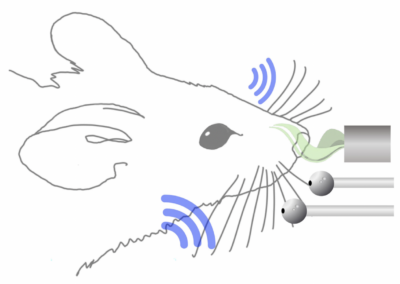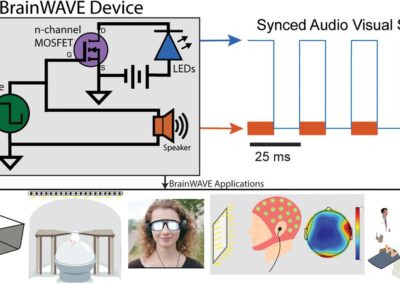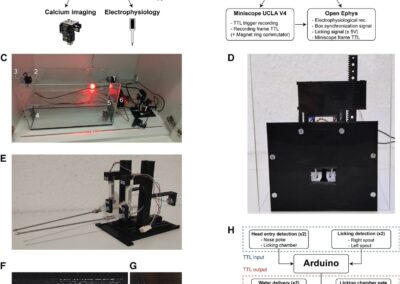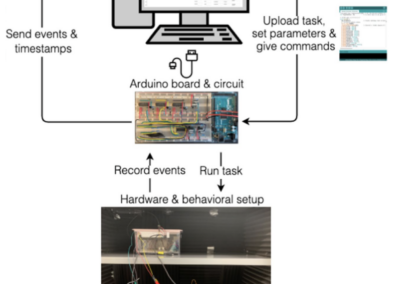RPG: A low-cost, open-source, high-performance solution for displaying visual stimuli

Raspberry Pi Grating (RPG) is a recently developed software package used to generate and display visual stimuli and collect feedback via a RaspberryPi microcomputer. This Python based package was developed by Vivian Imbriotis and her colleagues in 2020 and generates a variety of stimuli including drifting gratings, Gabor patches and raw images or videos. The use of Python and RaspberryPi allows for real-time visual displays and recording of real-time feedback by utilizing the general purpose input/output pins on the Raspberry Pi. The visual stimuli are delivered at approximately 60 frames per second, which will trigger the RPG to send the signal to the monitor in 2ms.
RPG compared to similar software, such as PsychoPy and Psychophysics Toolbox, is more flexible and in most cases more cost-effective; other software packages may rely on legacy hardware, data acquisition hardware or bespoke solutions in order to allow the software to trigger other devices. RPG and the RaspberryPi system is a simple, flexible, and cost-effective way to display visual stimuli and record responses more accurately. RPG can be accessed via it’s GitHub repository.
This research tool was created by your colleagues. Please acknowledge the Principal Investigator, cite the article in which the tool was described, and include an RRID in the Materials and Methods of your future publications. RRID:SCR_023157
Special thanks to Lauren Cassidy, an undergraduate neuroscience major, for providing this project summary! This summary is part of a collection from students in a Computational Methods for Neuroscience Course at American University.
Access RPG via GitHub
Check out the RPG GitHub repository.
Read the publication!
Learn more about RPG’s development and implementation from the 2021 Journal of Neuroscience Methods publication!
Check out projects similar to this!






